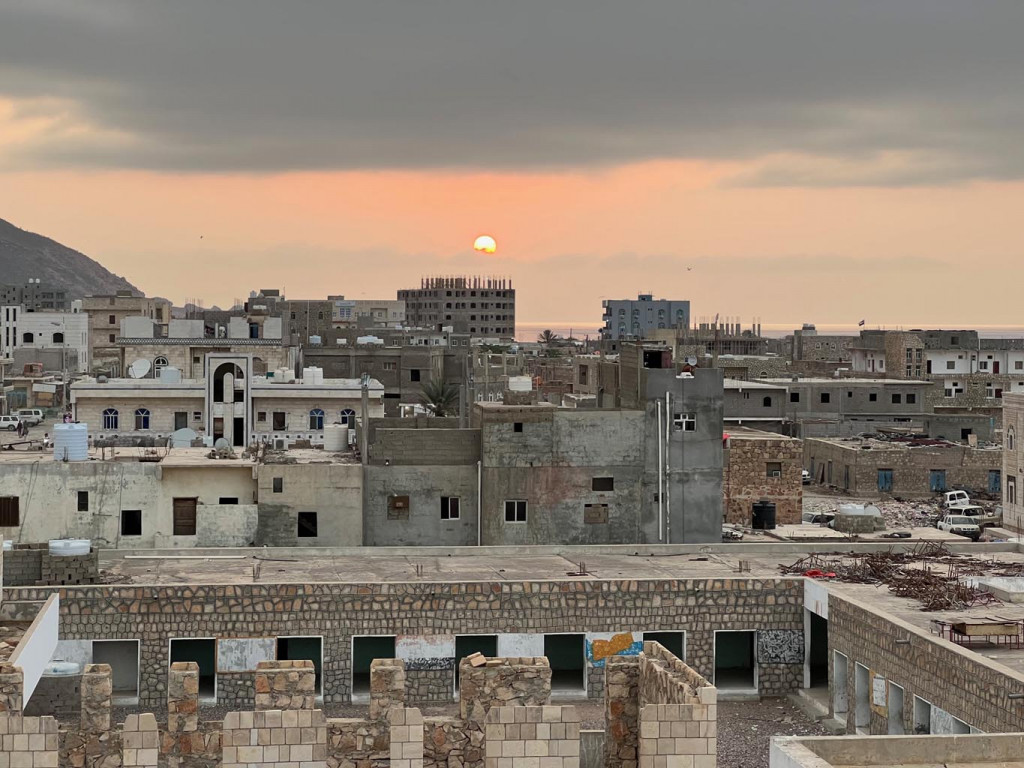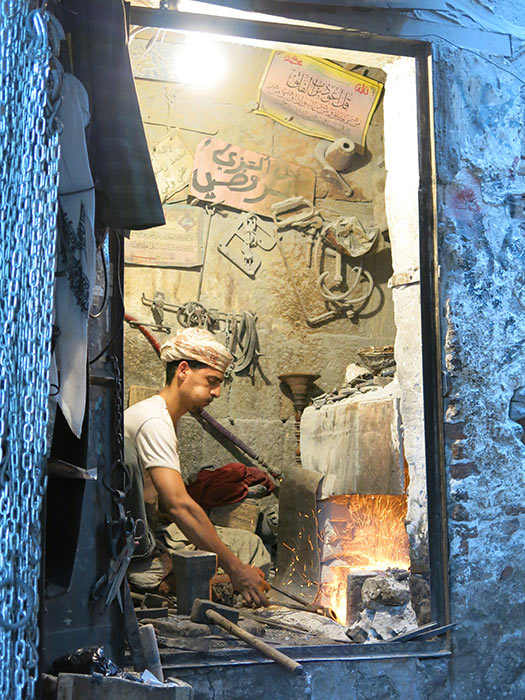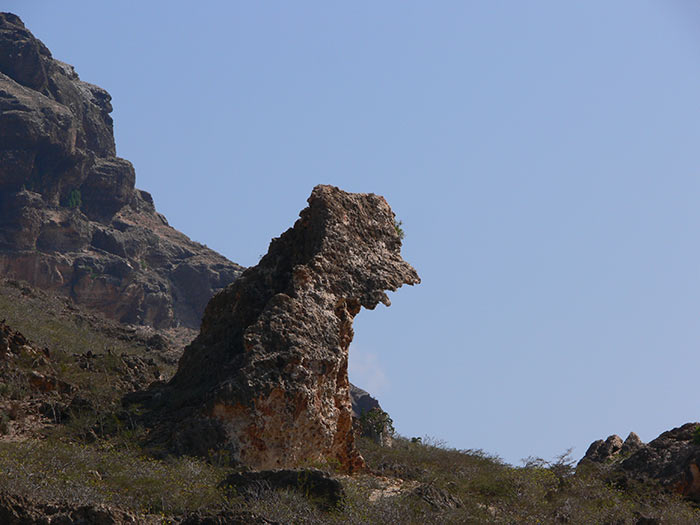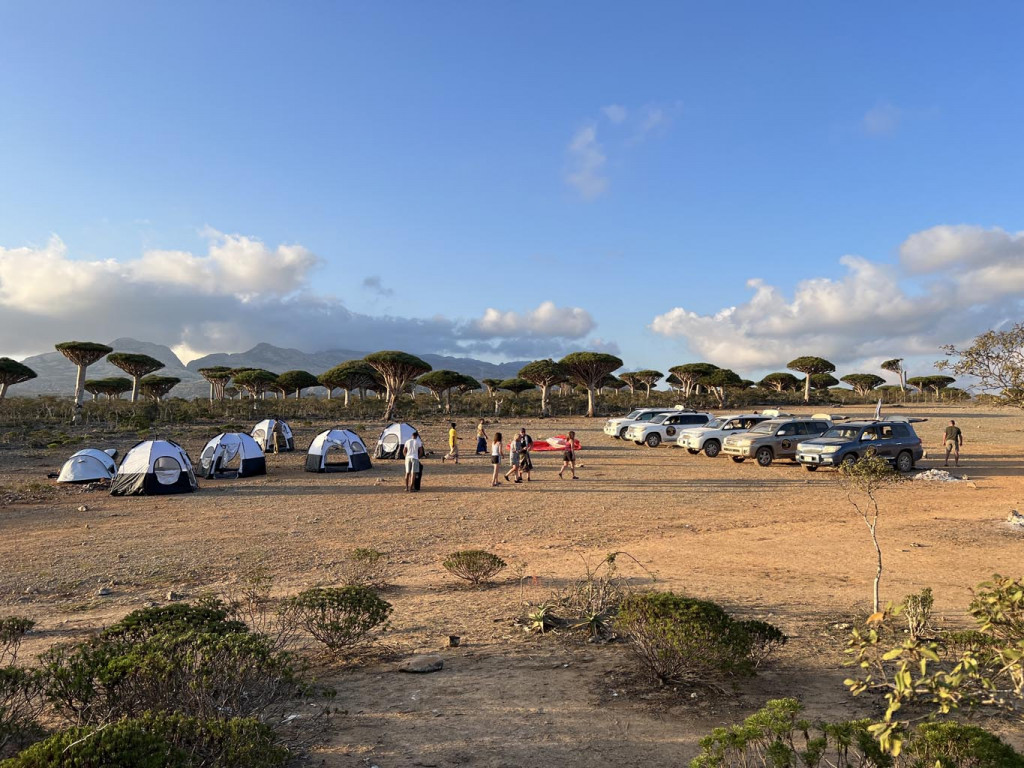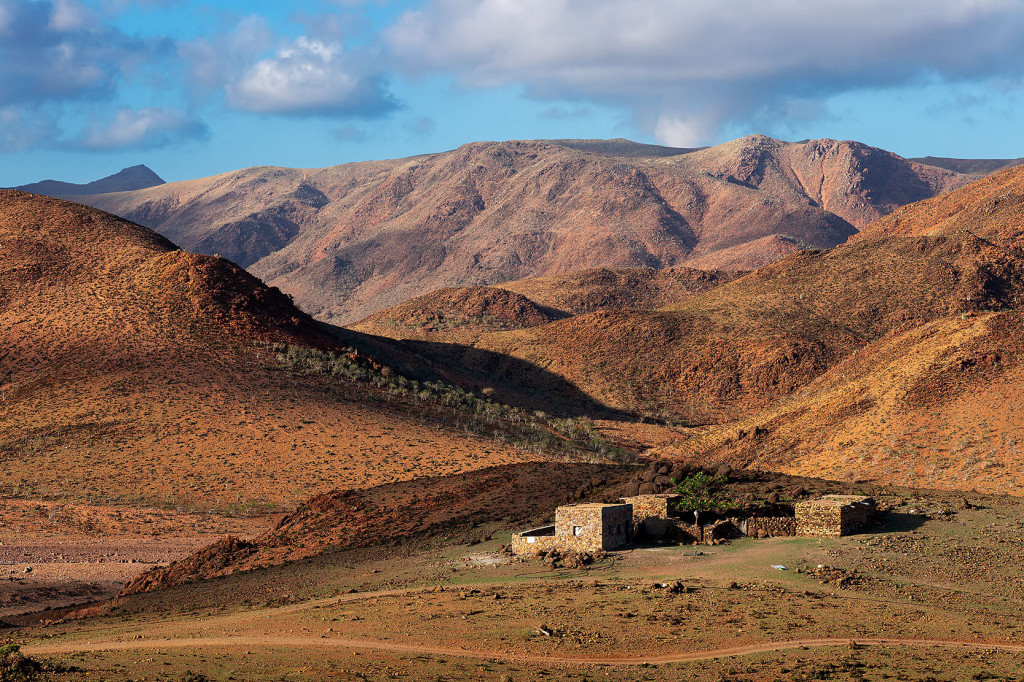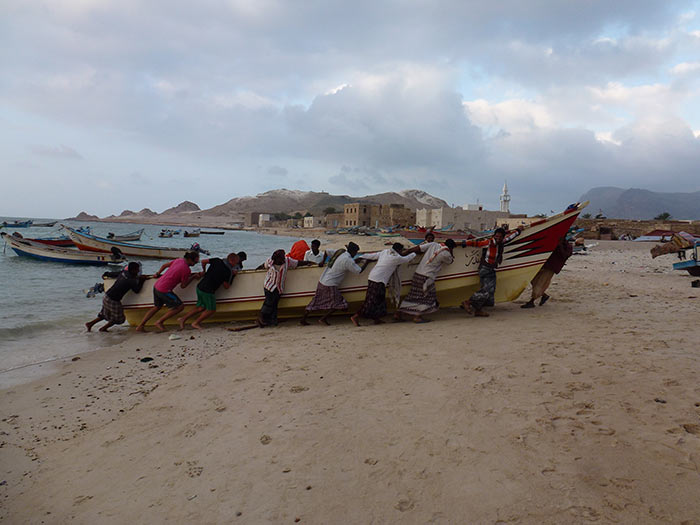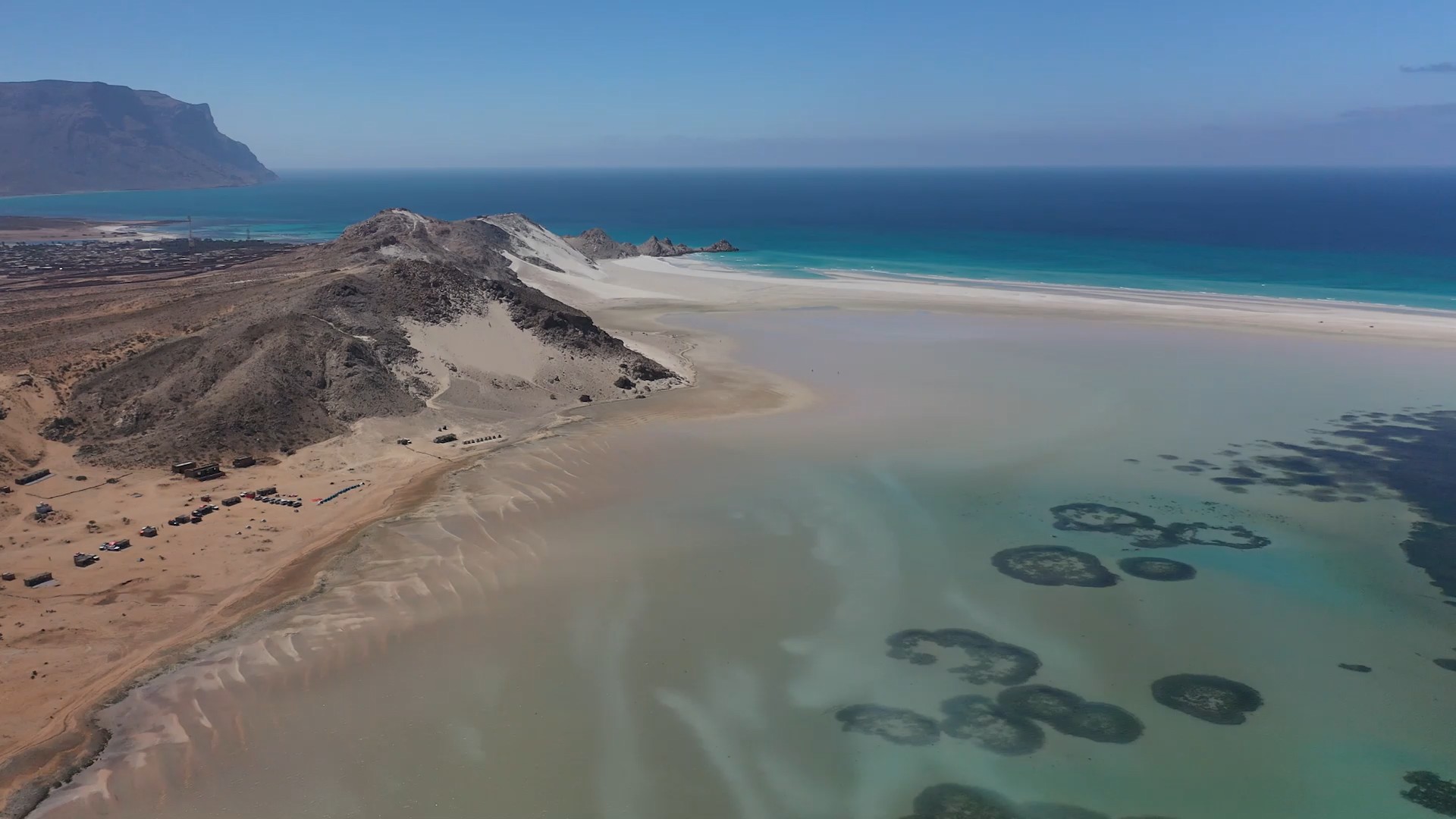

History
History of Socotra
Socotra’s Ancient History: An Island Between Myth and Reality
The history of Socotra dates back to around 1000 BC, when the first archaeological evidence of settlement on the island appeared – including ancient tombs and simple buildings. The first inhabitants were probably South Arabian tribes with cultural ties to the Sabaean Empire in present-day Yemen.
Socotra was already valued for its natural wealth in ancient times. Around 500 BC, the island became a major center for the export of aloe, cinnabar, frankincense and myrrh, which were then considered extremely valuable commodities. During the Hellenistic period (around 300 BC), Socotra was an important point on maritime trade routes – traders found here not only water and shelter, but also goods and cultural entertainment.
According to legend, the island enchanted even Alexander the Great, who was captivated by its unique fauna, flora and peaceful atmosphere. On ancient Greek maps from the 1st century AD, Socotra appears under the name Dioskouridou – probably derived from the Dioscuri, the Greek twin gods, protectors of sailors.
According to some historical traditions, the apostle Saint Thomas, who supposedly spread early Christianity on the island, was shipwrecked here in 50 AD. There is evidence that a Christian community survived here until the Middle Ages, and for many centuries Muslims and Christians lived side by side on Socotra, in relative peace and religious tolerance.
In the 7th century, Socotra fell under the rule of the Islamic Caliphate, which stretched from the Levant to the Indian subcontinent. Despite this, the island has long maintained its cultural and linguistic isolation, including the unique Socotrian language, which is a South Semitic language and is still spoken there today.
In the 16th century, Socotra was briefly occupied by the Portuguese, who sought a strategic foothold for their voyages to India. Later, the island came under the control of the Yemeni sultans, before becoming a British protectorate in 1876, like many other areas of the Arabian Peninsula. The British presence lasted until November 1967, when Socotra was formally decolonized along with South Yemen.
Since 1990, the island has been officially part of the Republic of Yemen, although its geographical and cultural isolation continues to make it a unique place.
Socotra is also surrounded by a number of myths and legends. One of the most famous says that it was here that the fiery nest of the mythical Phoenix bird was located, which flew to Heliopolis in Egypt every 500 years to rise from the ashes and bring new life and cleansing fire to the world.
Modern history/security of Socotra
Socotra under the influence of the UAE and Saudi Arabia: Development, dependence and geopolitical ambitions
In recent years, the island of Socotra, a remote province of Yemen in the Arabian Sea, has come under the increasingly strong influence of foreign powers, especially the United Arab Emirates (UAE) and Saudi Arabia. Both countries provide security control over the airport, the port and the entire territory of the island. However, the United Arab Emirates plays the most significant role, investing massively in infrastructure and public services on Socotra. They are building roads, modernizing ports and airports, improving access to healthcare and education. New hospitals, schools and an electricity grid have been built. These steps bring better living conditions to the local population, but at the same time lead to increasing dependence on foreign aid. In addition, the UAE provides most of the supply of basic commodities such as electricity, gas, gasoline, diesel, water, food, fuel and medicines. This strategic control over key resources gives the Emirates considerable influence not only on the local economy, but also on political events. In practice, they gain de facto control over Socotra and strengthen their geopolitical position in the region. Socotra thus becomes a living example of globalization - an irreversible process that brings both modernization and development, as well as complex issues related to external dependence, sovereignty and power interests.
Security in Socotra: Stability in an uncertain region
The security of Socotra is exceptional in the regional context. The island has always been a sideline from events on the mainland of Yemen, outside of military conflicts, political tensions and power struggles. Although life on Socotra is harsh and modest, it remains safe and stable. Crime is practically zero and both locals and tourists can move around here without fear, even at night and without an escort. It is the peace, hospitality and clean environment that make Socotra a unique place that offers the chance for a peaceful, albeit challenging, life.
Socotra's unique biodiversity under UNESCO protection
Thanks to its exceptional biodiversity, Socotra was included in the UNESCO World Heritage List in 2008. The island is home to hundreds of endemic species of plants and animals that are found nowhere else in the world. This ecological uniqueness attracts not only biologists and ecologists, but also international institutions involved in protecting the local environment. Organizations such as UNESCO, UNEP (United Nations Environment Programme) and IUCN (International Union for Conservation of Nature) support research and educational projects focused on sustainable management of natural resources and the preservation of biological diversity. Many European and world universities, in cooperation with local communities, implement long-term environmental programs here, which aim not only to protect nature, but also to support environmentally friendly development and education of the local population. Despite these efforts, the balance between development, foreign interests and the protection of natural resources remains fragile and requires a sensitive and long-term approach.
History of Socotra


